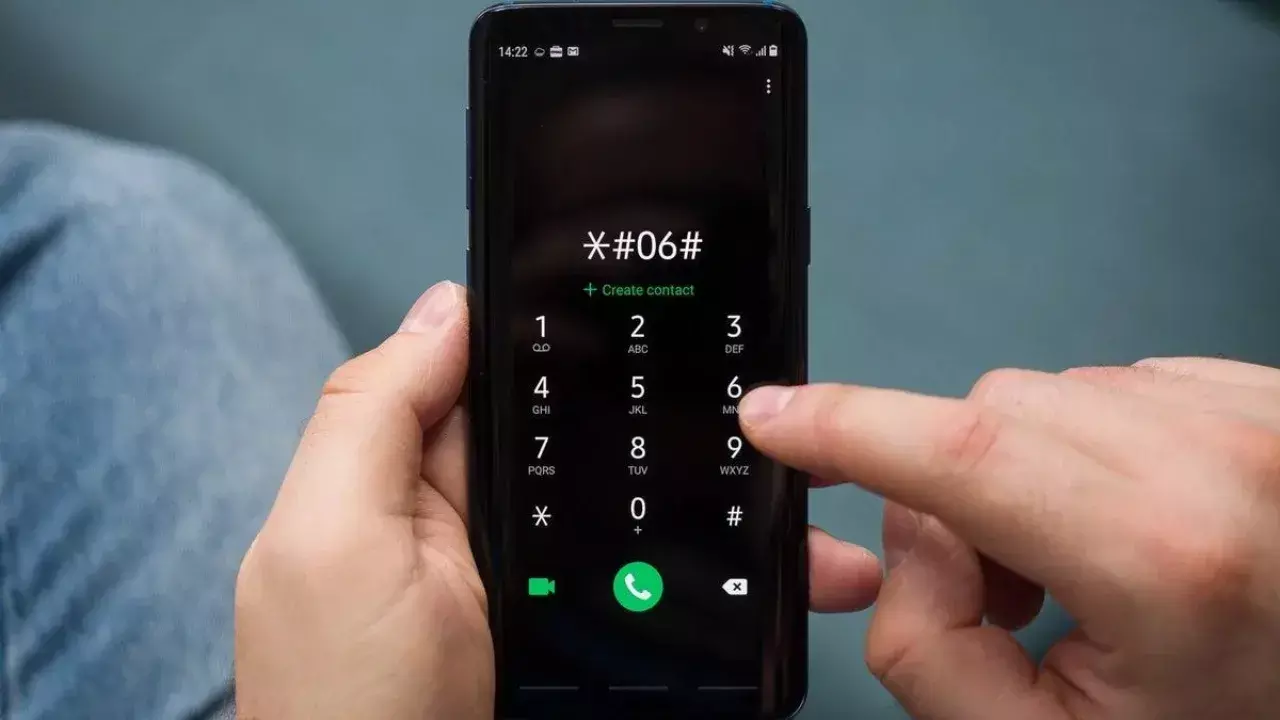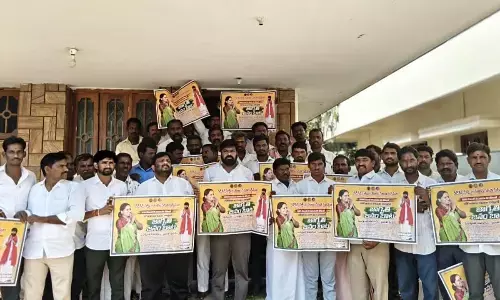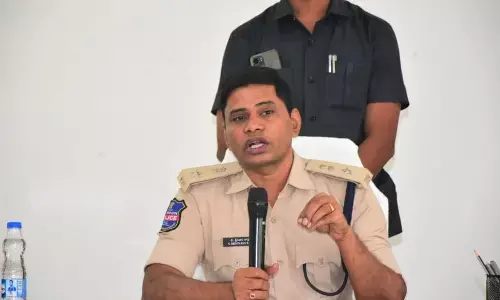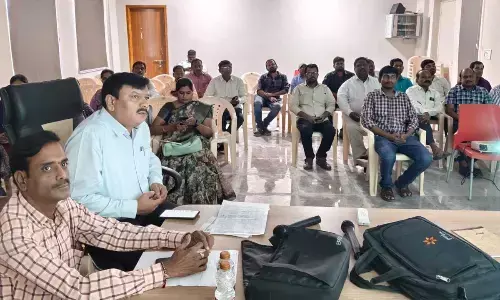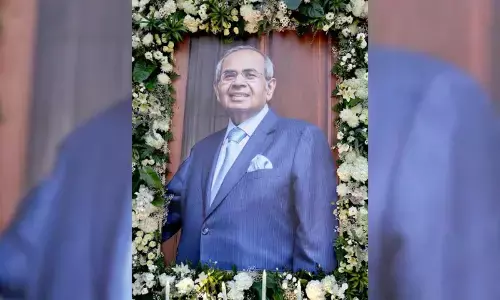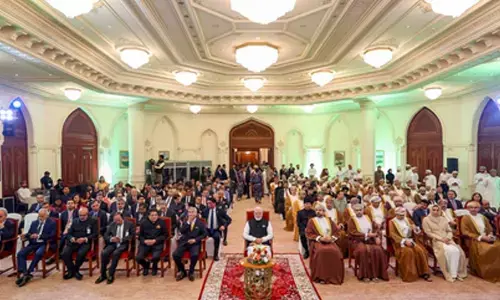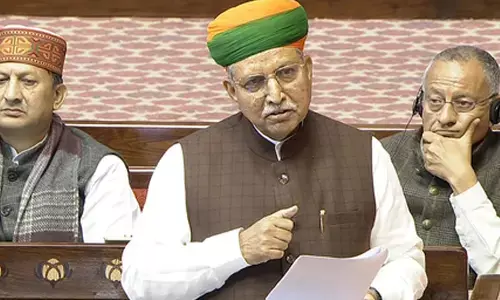Non-listing of urgent cases: Something fundamentally wrong with SC registry: CJI Ranjan Gogoi

Chief Justice of India (CJI) Ranjan Gogoi on Thursday expressed displeasure over the functioning of the Supreme Court registry with regard to non-listing of cases for urgent hearing, saying that "there was something fundamentally wrong" about it.
New Delhi : Chief Justice of India (CJI) Ranjan Gogoi on Thursday expressed displeasure over the functioning of the Supreme Court registry with regard to non-listing of cases for urgent hearing, saying that "there was something fundamentally wrong" about it.
A bench headed by the CJI was irked over the apex court registry and said that everyday there is a long queue of lawyers who want their cases to be listed for urgent hearing on the ground that they have been deleted from the cause-list despite court's order to the contrary.
Justice Gogoi has been working -- ever since he took oath as the 46th CJI on October 3, 2018 -- to devise a mechanism where lawyers are not required to mention cases for urgent hearing and get listed automatically before a bench within a stipulated time.
"Everyday there is a sea of humanity seeking listing (of the cases)," said the bench, also comprising Justices Deepak Gupta and Aniruddha Bose.
"There is something fundamentally wrong with it (the Supreme Court registry)... Despite my best efforts, I have been unable to deal with it (listing of cases)," the visibly irked CJI said.
The observations came when a lawyer sought urgent listing of his matter and alleged that it was deleted from the list of business despite court's order allowing the listing.
The bench then referred to the fact that in a high court around 6,000 fresh cases are filed in a week in comparison to around 1,000 cases during the same period in the Supreme Court and still, the apex court registry was unable to manage them effectively.
Listing of cases in the Supreme Court takes more time than high courts, the bench said, adding that a high court judge has to deal with more cases in comparison to the apex court judge.
"In High Court, 6,000 cases are filed every week and get listed the next day. In Supreme Court, only 1,000 cases are filed and are not listed...We direct that matter should not be deleted from the list and still it gets deleted," the CJI said.
Laughter broke out in the packed courtroom, when another lawyer sought urgent listing of his case, which was filed in 2014, on the ground that his client was 72-year-old man who can "die any moment".
"Your prayer is rejected for obvious reasons. Let him have a long life. That is our wish," the CJI quipped. The lawyer replied that his client has been suffering from many diseases. "Tell me, who is disease free," the CJI asked.
Meanwhile, The Supreme Court directed all states and Union Territories to comply within six weeks with its direction to provide medical facilities to retired chief justices and judges of high courts, their spouses and dependent family members at par with the sitting judges.
The top court cautioned the states and the UTs saying that their Chief Secretaries will have to appear in person before it if the orders are not complied with.
A bench headed by Chief Justice Ranjan Gogoi had passed a slew of directions to ensure uniform medical facilities for retired Chief Justices and Judges of the High Courts as also their spouses and dependent family members.








